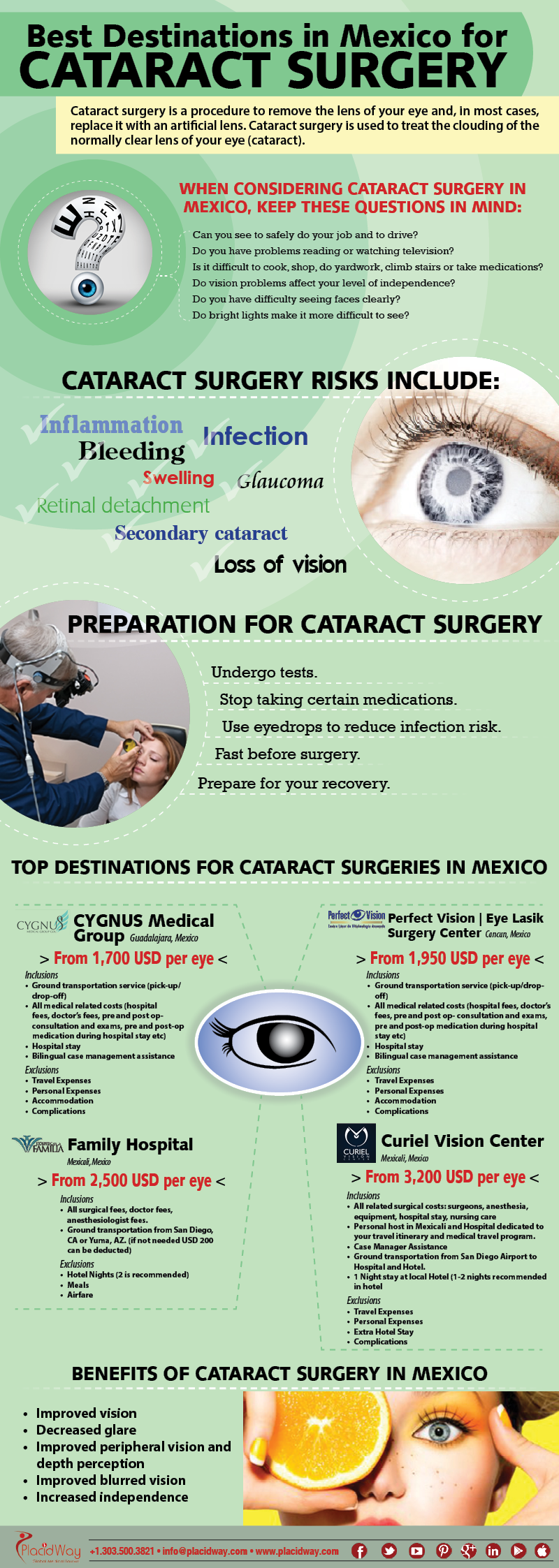The Ultimate Frequently Asked Question On Refractive Lens Exchange: Every Little Thing You Required To Know
The Ultimate Frequently Asked Question On Refractive Lens Exchange: Every Little Thing You Required To Know
Blog Article
hop over to this web-site -Abildtrup Eskesen
If you're taking into consideration refractive lens exchange, you most likely have a lot of inquiries. This procedure could change how you see the world, using advantages like reduced dependancy on glasses. Nonetheless, it's necessary to comprehend the process, risks, and that qualifies as a great candidate. Let's check out these crucial aspects so you can make an informed decision about whether RLE is right for you.
What Is Refractive Lens Exchange and Just How Does It Function?
Refractive lens exchange (RLE) is a surgical procedure created to replace your eye's natural lens with a man-made one, fixing vision issues like nearsightedness, farsightedness, or presbyopia.
Throughout the procedure, your doctor makes a tiny laceration in the eye, eliminates your natural lens, and inserts an intraocular lens (IOL) customized to your vision requires. This outpatient surgical treatment typically takes around 15 to 30 minutes per eye and is carried out under regional anesthetic.
You'll likely see renovations in your vision virtually promptly, though full recovery may take a few weeks. RLE is specifically valuable for those over 40 or with high prescriptions, using a resilient option contrasted to glasses or get in touch with lenses.
Your eye treatment professional can assist determine if RLE is right for you.
What Are the Perks and Risks of Refractive Lens Exchange?
Choosing refractive lens exchange can lead to significant enhancements in your vision, yet it is very important to consider both the advantages and dangers before choosing.
On the plus side, this treatment can boost your eyesight by remedying problems like presbyopia, myopia, and hyperopia. Many clients take pleasure in reduced dependence on glasses or call lenses, which can significantly improve their quality of life.
However, it's critical to think about possible risks. Problems can include infection, glow, or halos around lights.
There's additionally a possibility of overcorrection or undercorrection, which might need added treatments.
That Is an Ideal Candidate for Refractive Lens Exchange?
If you're considering refractive lens exchange, it is very important to know whether you fit the profile of a perfect prospect. Normally, you might be a great candidate if you more than 40, experience presbyopia, or have high degrees of nearsightedness or farsightedness.
It's also critical that your vision is stable, implying your prescription hasn't altered considerably in the past year. If you have cataracts or other eye conditions, you might benefit from this procedure too.
However, specific aspects, like uncontrolled diabetes or autoimmune diseases, might disqualify you. To establish your candidateship, talk to an eye treatment specialist that can evaluate your specific circumstance and advise the most effective strategy tailored to your needs.
https://postheaven.net/adolph5darrin/eager-to-understand-if-the-expense-of-lasik-surgical-treatment-absolutely , refractive lens exchange can be a transformative alternative for enhancing your vision, particularly if you're over 40 or have a high prescription. While the advantages are substantial, it's essential to evaluate the threats and consult with your eye care expert to figure out if you're an ideal candidate. With the best information and support, you can make an educated decision and potentially appreciate a life with lowered reliance on glasses.
